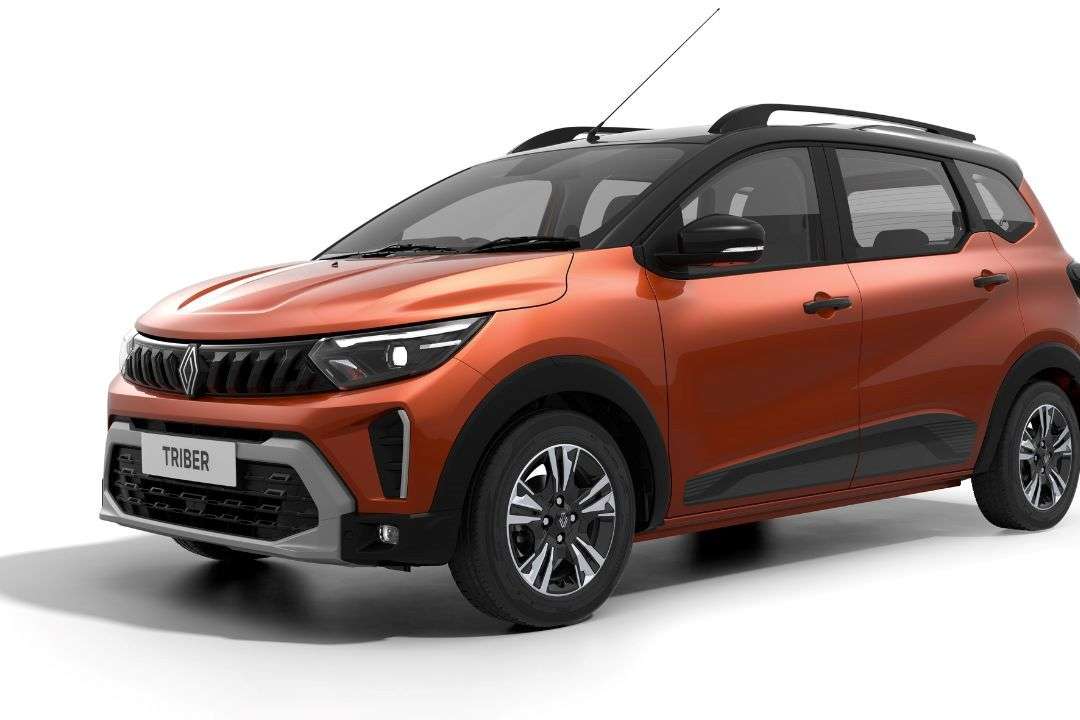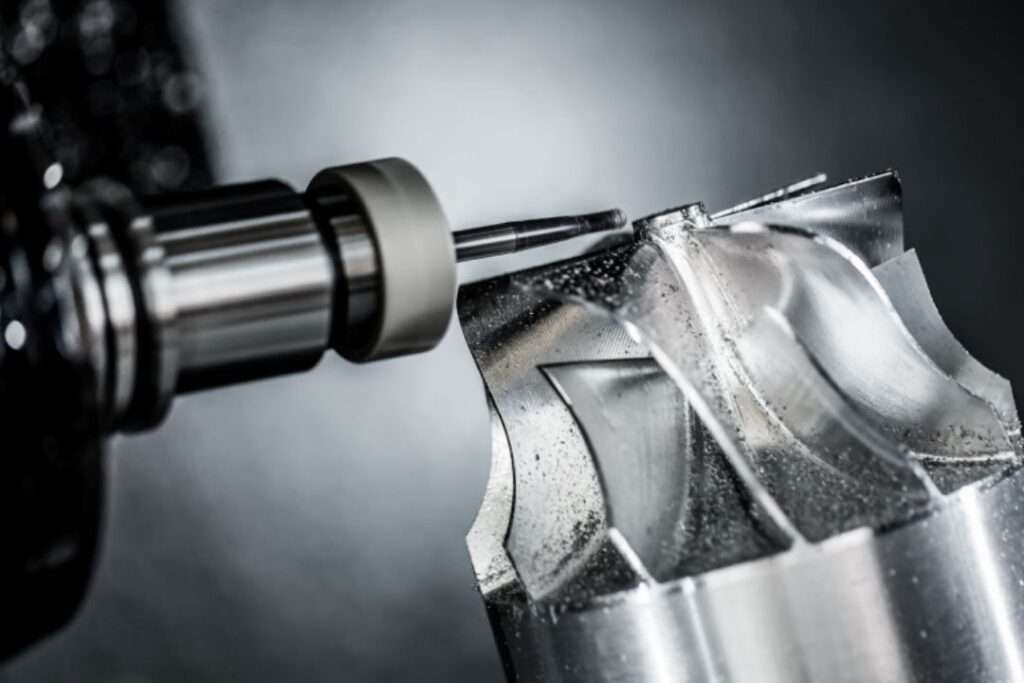Renault Group has taken a decisive step toward expanding its international presence by acquiring the remaining 51% stake in the Chennai-based plant previously held by Nissan. With this acquisition, Renault becomes the sole owner of Renault Nissan Automotive India Pvt Ltd (RNAIPL), integrating the facility fully into its global operations. This marks a significant milestone in the Group’s broader efforts to position India as a central pillar of its international operations.
The Chennai plant, known for its operational efficiency, will now serve as a cornerstone for Renault’s industrial and export strategy. The facility has produced more than 2.8 million vehicles since its inception in 2010, including 1.2 million units exported to over 100 countries. It has also delivered 4.6 million engines and gearboxes, supported by an ecosystem of nearly 300 local suppliers. With an annual capacity exceeding 400,000 units, the plant is being readied for the rollout of Renault’s next-generation modular platform, designed for multiple energy variants.
Effective September 1, 2025, Stéphane Deblaise will assume the role of CEO, Renault Group India. Bringing global experience and deep industry insights, Deblaise is expected to lead the brand’s next phase of growth in India, guiding strategy execution across manufacturing, product development, and market expansion.
The recent launch of the New Renault Triber marks the beginning of a larger product offensive aimed at both domestic and export markets. A total of four new vehicles are set to be introduced as part of this initiative. These models will be developed and localized with support from Renault’s Indian engineering and design capabilities, including its largest design center outside France, inaugurated earlier this year.
Under its International Game Plan 2027, Renault views India as a core growth market. With over half its population under 28, India offers a dynamic consumer base and is now the third-largest automobile market globally. This demographic advantage, combined with a rising demand for innovation and sustainability in mobility, aligns well with Renault’s strategic priorities.
Although Renault now independently controls the Chennai facility, collaboration with Nissan will continue. RNAIPL will maintain production of Nissan vehicles as per the existing framework, ensuring operational continuity while enabling strategic independence for Renault.
With a retail and service presence that spans over 350 dealerships and 450 service outlets, Renault is well positioned to serve customers across the country. The Group’s growing investments and localized operations reflect its long-term commitment to India.
François Provost, CEO of Renault Group, commented “India is a core market for us. Over the last 14 years, we’ve built a strong foundation here. Full ownership of our plant gives us the flexibility and tools we need to fast-track our plans. With Stéphane Deblaise at the helm, we are confident in our ability to drive deeper engagement, innovation, and value creation in the region.”
Renault Group is driving a new era of mobility by harnessing the strengths of its four distinct brands — Renault, Dacia, Alpine, and Mobilize. Through this diverse brand portfolio, the Group delivers forward-thinking, eco-conscious mobility solutions tailored to evolving customer needs.
With operations spanning 114 countries, Renault Group recorded sales of 2.265 million vehicles in 2024. Backed by a dedicated workforce of over 98,000 employees, the Group remains committed to its mission of making mobility a unifying force that brings people together.
Renault Group is boldly embracing change, both in everyday transportation and competitive racing. Its transformation strategy is centered on advancing innovative technologies and mobility services, while rolling out a new generation of vehicles that are more efficient, electrified, and competitive in global markets. As part of its broader sustainability vision, the Group aims to reach carbon neutrality in Europe by 2040, aligning its progress with the planet’s most pressing environmental priorities.








